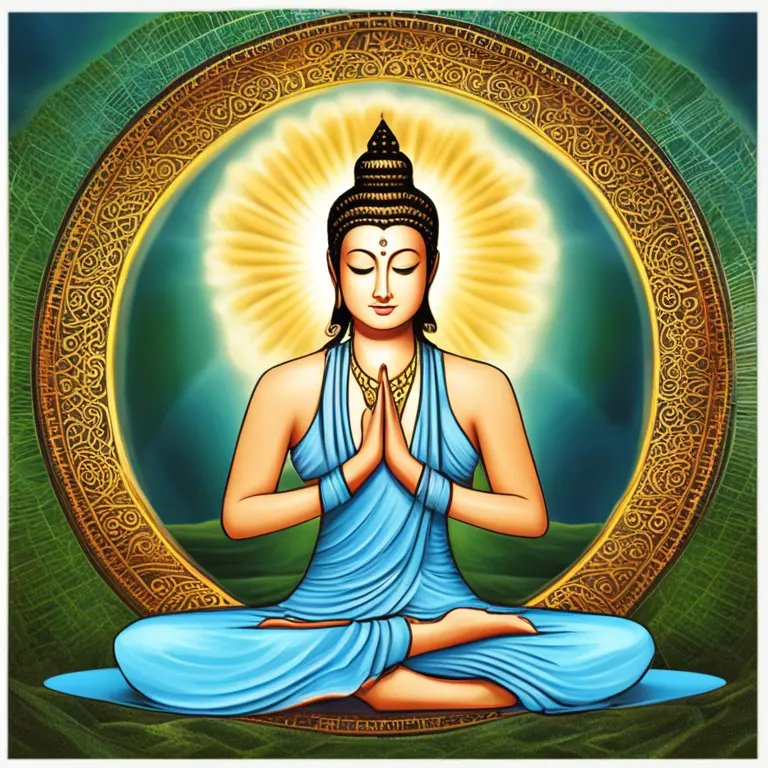
Soothing Meditation Techniques for Restful Sleep
Discover effective meditation practices to enhance your sleep quality and embrace a serene, restful night with our guide.
article by Hina Kurosawa
Introduction to Sleep Meditation
Meditation has long been recognized for its calming effects on the mind and body, influencing overall well-being and sleep quality. In our fast-paced modern society, where stress and digital screens disrupt our natural sleep patterns, finding refuge in meditation can greatly benefit those seeking a peaceful night's rest. This article introduces a variety of meditation techniques designed to help you relax and drift into a deep, restorative sleep. As sleep is essential for health and rejuvenation, incorporating these practices into your nightly routine may hold the key to unlocking improved sleep.

Body Scan Meditation
The Body Scan is a meditation method that promotes relaxation by focusing attention on different parts of the body sequentially. To practice, lie in bed and close your eyes, taking deep breaths to initiate a state of calm. Begin at your feet, observing any sensations and slowly moving your awareness up the body, part by part. This technique not only helps in releasing physical tension but also draws your mind away from the day's worries, preparing you for a tranquil slumber.

Guided Visualization
Guided Visualization involves conjuring calming images in your mind, leading to a state of deep relaxation. Through a pre-recorded audio or your imagination, picture yourself in a serene location, absorbing the details of the environment and the soothing emotions it brings. This method harnesses the mind's power to transition from a state of wakefulness to a sleep-ready calm, reducing anxious thoughts and fostering a quiet, restful night.

Breath Awareness Meditation
Focusing on your breath is one of the simplest yet most effective meditation techniques to promote sleep. Lay comfortably and notice the natural rhythm of your breathing, observing the rise and fall of your chest and belly. Avoid altering the pace; instead, let any internal chatter fade away as you become absorbed in the experience. This practice can significantly reduce stress levels, setting the stage for a peaceful night.

Mindfulness Meditation
Mindfulness Meditation invites practitioners to remain present, observing thoughts and sensations without judgment or engagement. As you lie down, allow thoughts to pass through your mind like clouds in the sky—acknowledging them but not holding on to them. This approach can diminish the overactivity of the mind often responsible for sleep difficulties, enabling a smoother transition into rest.
Progressive Muscle Relaxation
Progressive Muscle Relaxation (PMR) is a technique where you tense and then release each muscle group in your body. Starting with your toes and working your way up, contract each group for a few seconds then release. This method has proven effective in decreasing insomnia and can be especially beneficial for individuals whose sleep disturbances are related to physical tension or stress.
Yoga Nidra
Yoga Nidra, or "yogic sleep," is a practice that combines deep relaxation with conscious awareness. Typically guided by a teacher or recording, Yoga Nidra leads you into a state between wakefulness and sleeping—ideal for rejuvenation and often associated with reduced insomnia. Its structured approach can significantly improve sleep hygiene when incorporated into a regular nighttime routine.
Published: 2/12/2024
Modified: 2/12/2024
More predictions
Come back here soon to learn more about yourself and your future


The Harmonic Resonance of Meditation Music
Delve into the serene world of meditation music and discover how it amplifies your spiritual and astrological practices, guiding you toward inner peace and cosmic synchronicity.


The Serenity of Meditation Music: An Ethereal Journey
Discover how meditation music can enhance your spiritual practices, support stress relief, and align with astrological energies for a harmonious life.


The Impact of Meditation
Delve into the heart of meditation and its profound impact on mind, body, and spirit in our fast-paced world.